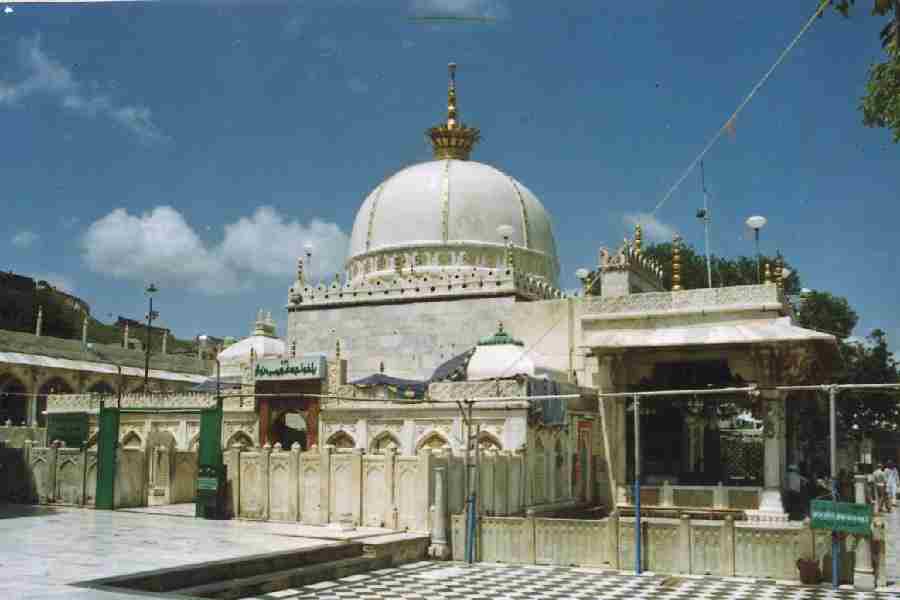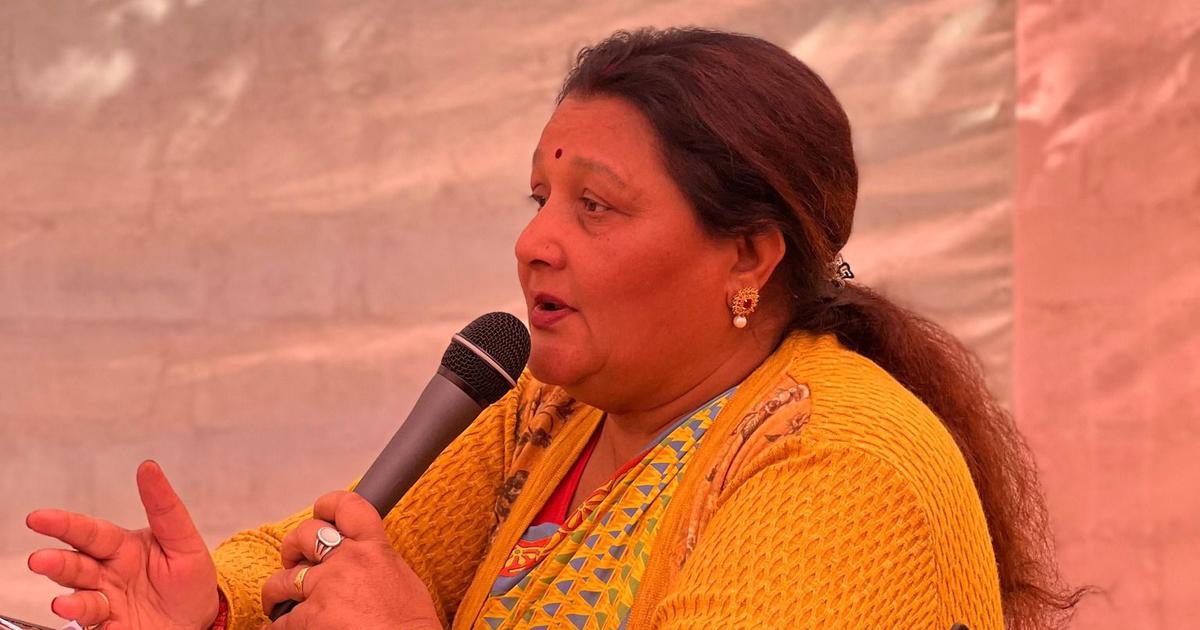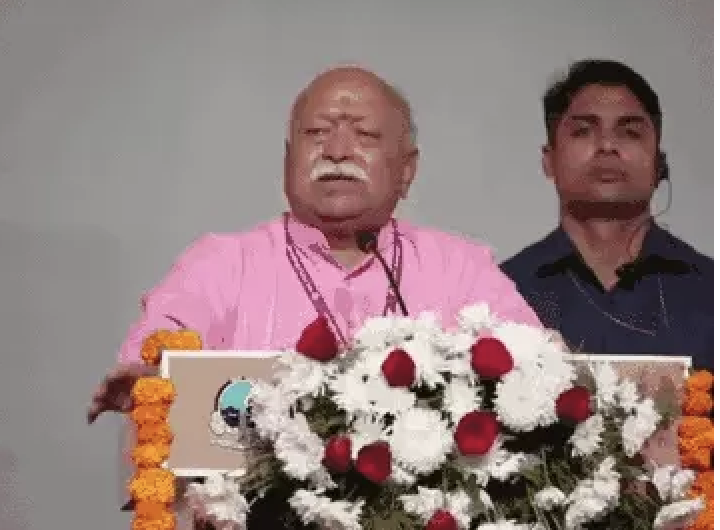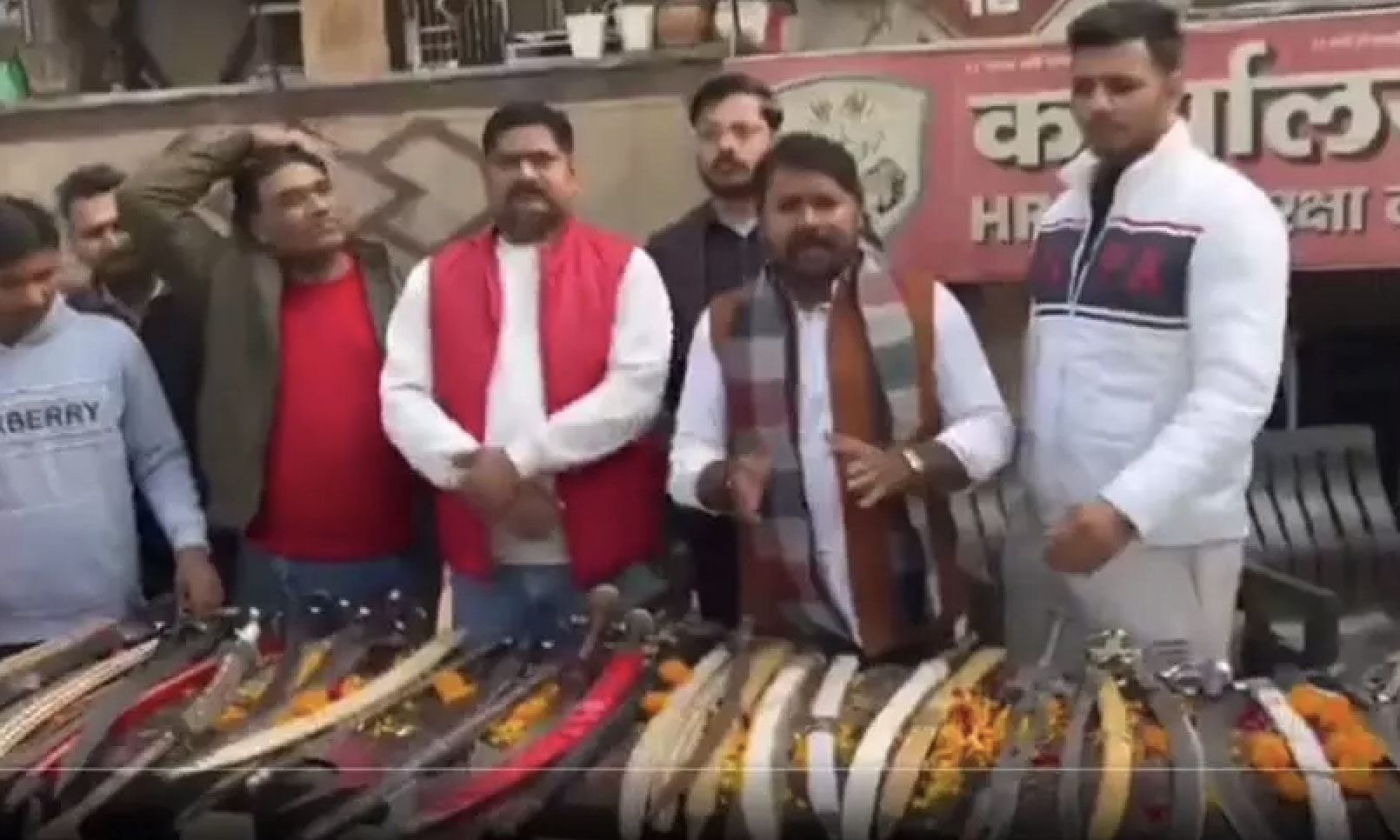
Young holy cow in JaipurThe irresistible urge to mix politics and religion usually comes at the expense of secularism, tolerance and vulnerable minorities. We saw this recently in Asia with extremist Islamic groups spewing anti-Chinese hate speech to defeat the incumbent governor of Jakarta, the ebbing tide of secularism in Bangladesh, insurgency in the Philippines and the resurgence of violence targeting Muslims in Sri Lanka with apparent impunity. Power politics and hatemongering in the name of religion sows seeds of instability and violence.
The riptide of politics and religion is manifest in the agenda of Indian Prime Minister Narendra Modi, who embraces hindutva, a Hindu chauvinism that sanctifies and perpetuates the politics of hate and “othering” in the name of religion. It is the calling card of the ruling Bharatiya Janata Party (BJP). In the 2014 elections, the BJP campaigned on the slogan “Vote for Modi, give life to the cow” and “The cow will be saved, the country will be saved,” cashing in on the Hindu belief that cows are holy. The BJP subsequently made good on its promise to ban the selling of cows for slaughter in 18 states in India so far and has established hostels where cows are cared for in their dotage. India is therefore a nice place for cows, but what about the poor?
The hypocrisy is jarring given that India is a major exporter of beef, accounting for almost one-quarter of the global market and earning more than $4 billion a year. Surely if religious compassion was foremost in politicians’ minds, they might show more for the masses of Indians living in abject poverty and farmers driven to suicide because of debts they can’t repay. Why are cows more sacred than these people? Whether Christian, Muslim or outside the fold of upper-caste Hinduism, beef is one of the few cheaply available sources of protein. India is rightly proud of being the largest democracy, but failing to uphold the rule of law and allowing self-appointed posses to engage in extrajudicial killings targeting Muslims tarnishes the nation’s dignity and is an assault on human rights.
While the cow was Lord Krishna’s favorite animal, making it a symbol of piety serves to accentuate differences between the nation’s 80 percent Hindu population and diverse minorities. What gets lost in the politics is the fact that most of what is termed beef in India is actually from water buffalo, an animal not considered to be sacred.
The BJP contends that eating beef is against the idea of India, but is it? Unconvinced, I consulted Sunil Khilnani’s “The Idea of India,” but looked in vain for confirmation that sirloins are subversive.
Historian Dwijendra Narayan Jha, author of “Myth of the Holy Cow,” dismisses claims by Hindu fundamentalists that cow slaughter has always been associated with Muslims, pointing out that eating beef was common among Brahmins long before the spread of Islam to India.
“There is no doubt that beef remained an important part of the Indian haute cuisine and cow was often killed in honor of guests,” Jha told the broadcaster Al Jazeera. “It is totally baseless to argue that Hindus never ate the flesh of the cow.” Hindus only proscribed beef after they lost political power to the Muslims, belatedly embracing cow protection as a symbol of identity and faith.
Unhappy with these facts, the BJP government in 2006 deleted school textbook references to ancient Hindus eating beef. Food fascism is trending, with the head of the BJP’s influential ideological mainstay, Rashtriya Swayamsevak Sangh, recently calling for a countrywide ban on the slaughter of cows. Meanwhile, a senior judge said cows should be declared a national animal and people who slaughter the bovines should be sentenced to life in prison.
Curiously, earlier this month Karnataka BJP spokesperson Vaman Acharya made televised remarks reminding everyone that cow protection is an invented tradition — an awkward admission for his party that he later retracted.
Protecting cows comes at a high cost to many Hindus as they can be sold for significant sums that represent a safety net for farmers facing drought or crop failure. Moreover, the industry employs many people in procuring, processing, deboning and packing, in addition to those engaged in production of leather and pet food.
Not all Hindus or states support Modi’s cow crusade. In April, West Bengal Chief Minister Mamata Banerjee declared that the BJP’s beef offensive is “maligning Hinduism,” adding: “Hinduism is not the BJP’s religion. The BJP’s religion is swords, murder, killing, riots, all against the Constitution.”
Nowadays in India, butchers risk being jailed or slaughtered by cow protection vigilantes taking advantage of the state’s surprising tolerance for such violence. These miscreants feel empowered by a government that sheds crocodile tears for their Muslim victims, while fulminating about the need to protect sacred cows in the name of respecting religious sentiments.
In Gujarat, where Modi was state minister in 2002 when vigilantes butchered some 1,000 Muslims with impunity, butchers now face life imprisonment and even transporters of cows can face a 10-year term.
“A cow is not an animal. It is a symbol of universal life,” Gujarat Law Minister Pradipsinh Jadeja said in explaining the harsher penalty enacted in 2016. “Anybody who does not spare cows, the government will not spare him.” It’s too bad he doesn’t show similar concern for the millions of impoverished citizens of his state.
In such a diverse nation, there really is no alternative to tolerance, but in the northern state of Uttar Pradesh, the BJP has other ideas, driven by the calculus of polls rather than religious precepts or human rights. Uttar Pradesh has 200 million people, including 40 million Muslims, many of whom eat beef or are engaged in the beef business. They have reason to be worried because the state’s chief of police recently announced that anyone who trades in beef is subject to prosecution under the National Security and Gangsters Act.
With butchers now standing alongside terrorists and gangsters, there is a risk that the primordial maelstrom stoked by the BJP is leading the nation astray down a path toward intensified communal conflict and violence. Surely the nightmare of Partition in 1947, when India gained independence, and many subsequent communal pogroms impugn the BJP’s dangerous grandstanding. Like opportunists around the world, however, revving up the base means feeding the masses the red meat they crave.
This story was first appeared on japantimes.co.jp






